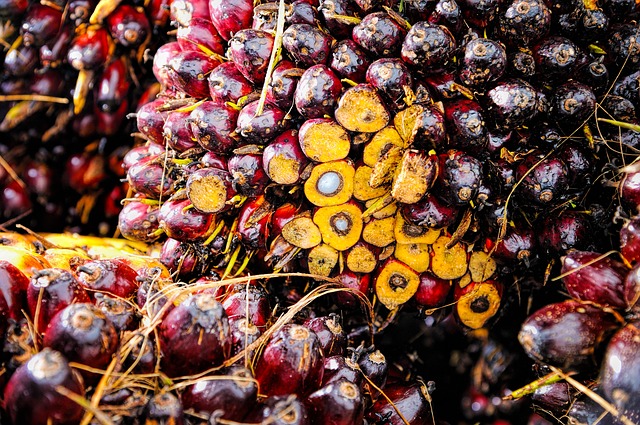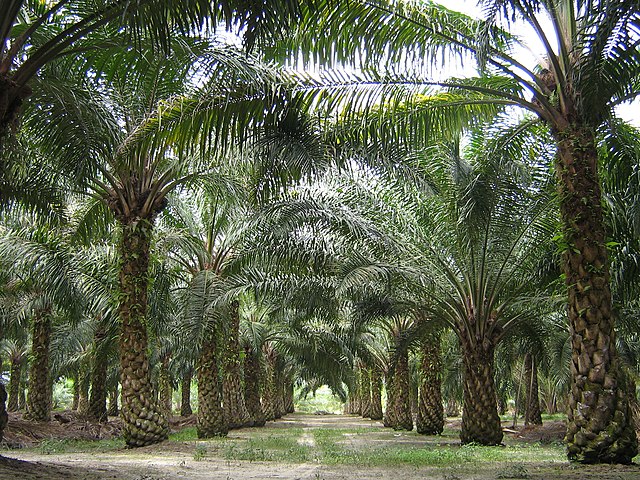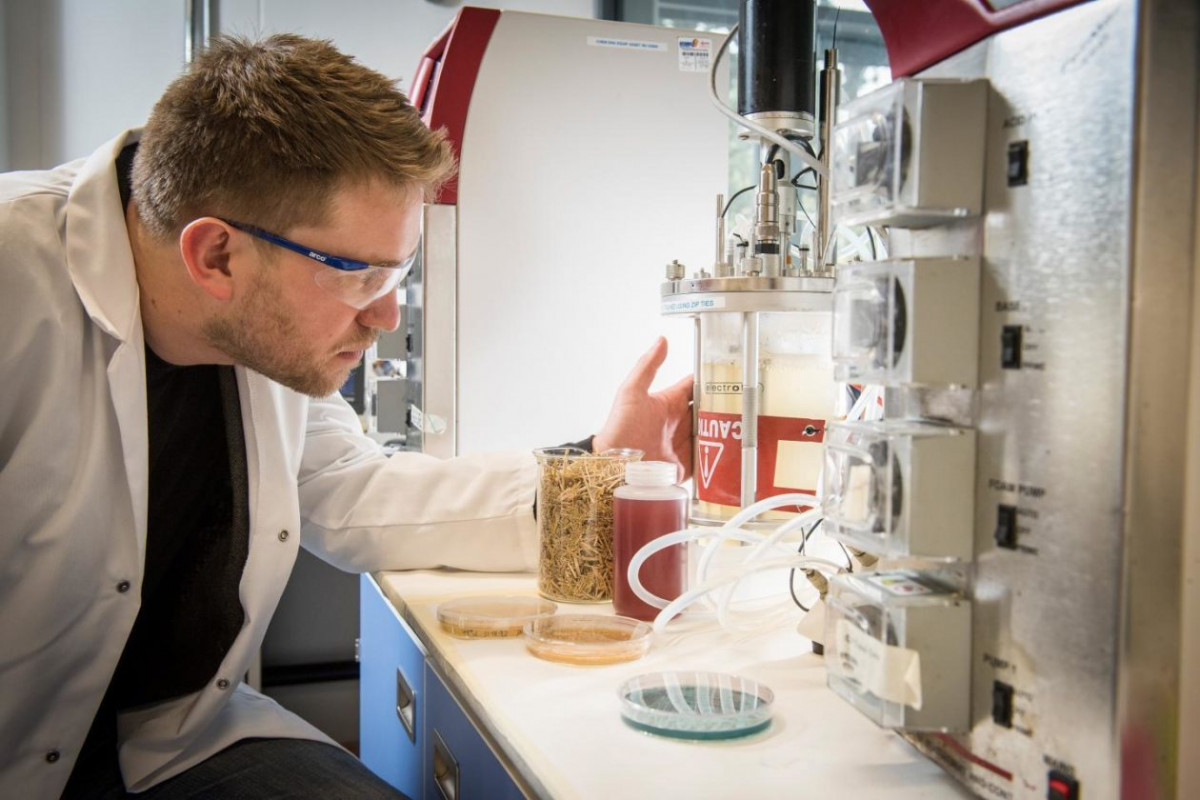 What do makeup, toothpaste, and chocolate have in common?
What do makeup, toothpaste, and chocolate have in common?
If you guessed palm oil, you’d be correct! This creamy, odorless oil can be found in countless products we use and foods we eat in our daily lives. In fact, we consume close to 70 million tons of palm oil every year!
Unfortunately, palm oil production is closely linked to deforestation as rainforests are razed to the ground to make space for the plantations. Not only does this lead to increased greenhouse emissions, but also to loss of biodiversity. To add to it, concerns have long been raised about exploitive labor practices in the industry.
Coconut, soy, and corn oil have all been considered as potential replacements, but they all have drawbacks that make it hard to produce on a large scale. As we seek sustainable ways to manage palm oil production, new hope has emerged in an unexpected place – yeast!
Palm Oil from Yeast
 Scientists think synthetic oils could be a solution to the downsides of natural palm oil production.
Scientists think synthetic oils could be a solution to the downsides of natural palm oil production.
Xylome is one such company. Based in Wisconsin, the biotech company was founded by two scientists – Thomas Jeffries and Thomas Kelleher. Jeffries and Kelleher were initially researching more efficient ways to generate sustainable fuel from yeast microbes. In 2013, they found striking parallels between their yeast-produced oil and palm oil, and decided to establish Xylome and create a palm oil alternative.
Since then, the two scientists have been working on refining their methods. Their process begins with genetically modified yeast microbes, which are fed materials such as corn, sugar cane, and agricultural waste products. As the microbes absorb the sugar from their food, they quickly convert it to lipids or oil.
C16 Biosciences is another company. With a recent grant of $20 million from Bill Gates's Breakthrough Energy Ventures fund, they are researching which conditions are best for the yeast.
 In the meanwhile, an independent team of bioengineers at the University of Bath is encouraging the growth of tougher yeast strains through a process called direct evolution. Rather than genetically modifying yeast microbes, they are subjecting yeast colonies to stressors and pushing them to produce more oil.
In the meanwhile, an independent team of bioengineers at the University of Bath is encouraging the growth of tougher yeast strains through a process called direct evolution. Rather than genetically modifying yeast microbes, they are subjecting yeast colonies to stressors and pushing them to produce more oil.
Another startup, Kiverdi, has embarked on research trials to manufacture microbial oil from capturing carbon.
What’s next?
Much progress still needs to be made. Even if yields are increased, synthetic palm oil could be at least four times more expensive than natural palm oil. In addition, they may never fully replace natural palm oil, a commodity on which millions of small farmers are dependent.
Nonetheless, microbial oils are a promising solution and could help reduce the exploitation of rainforests and greenhouse gas emissions.
Sources: BBC, Euronews, Yale.edu, Palmoilalliance, Earth.org







